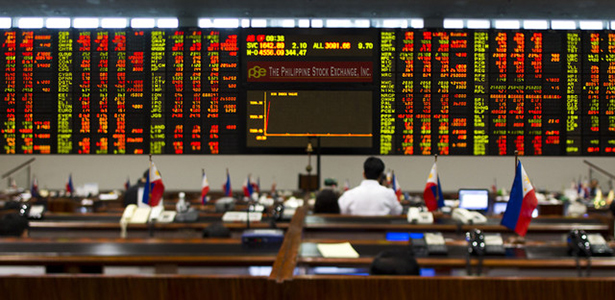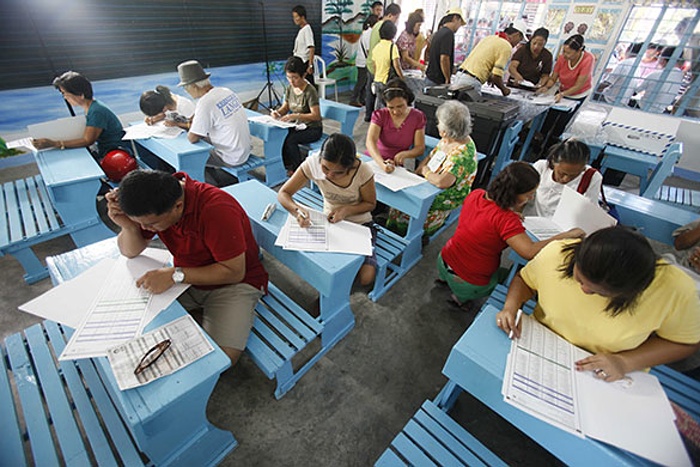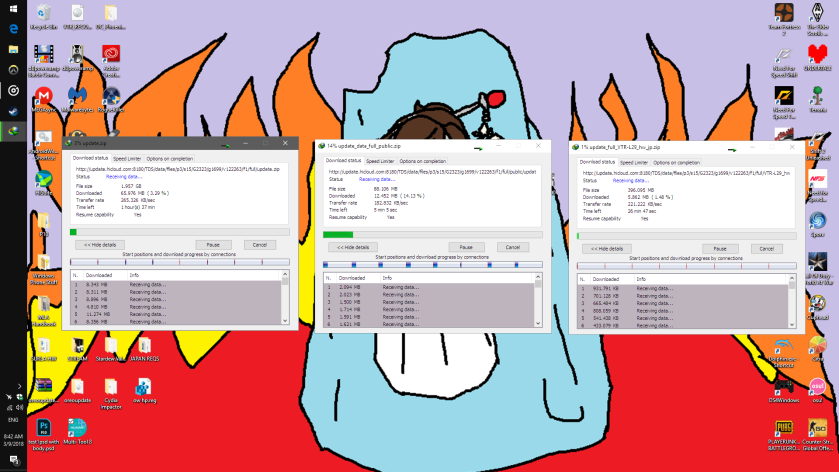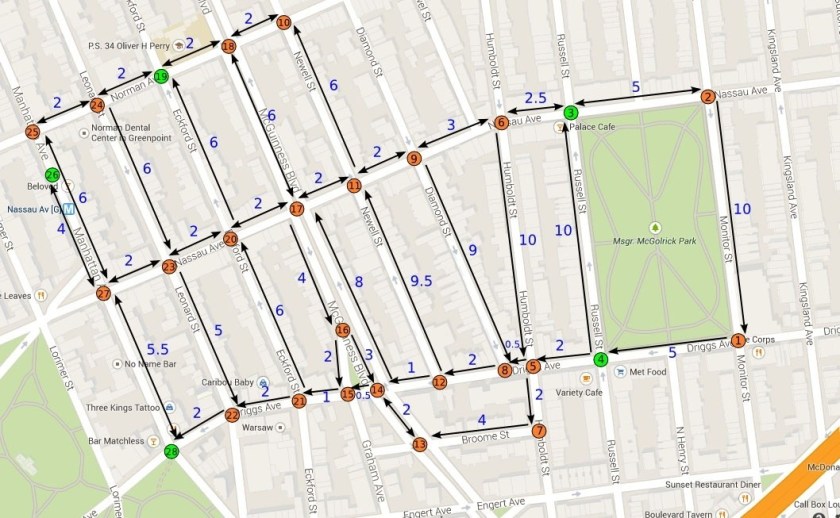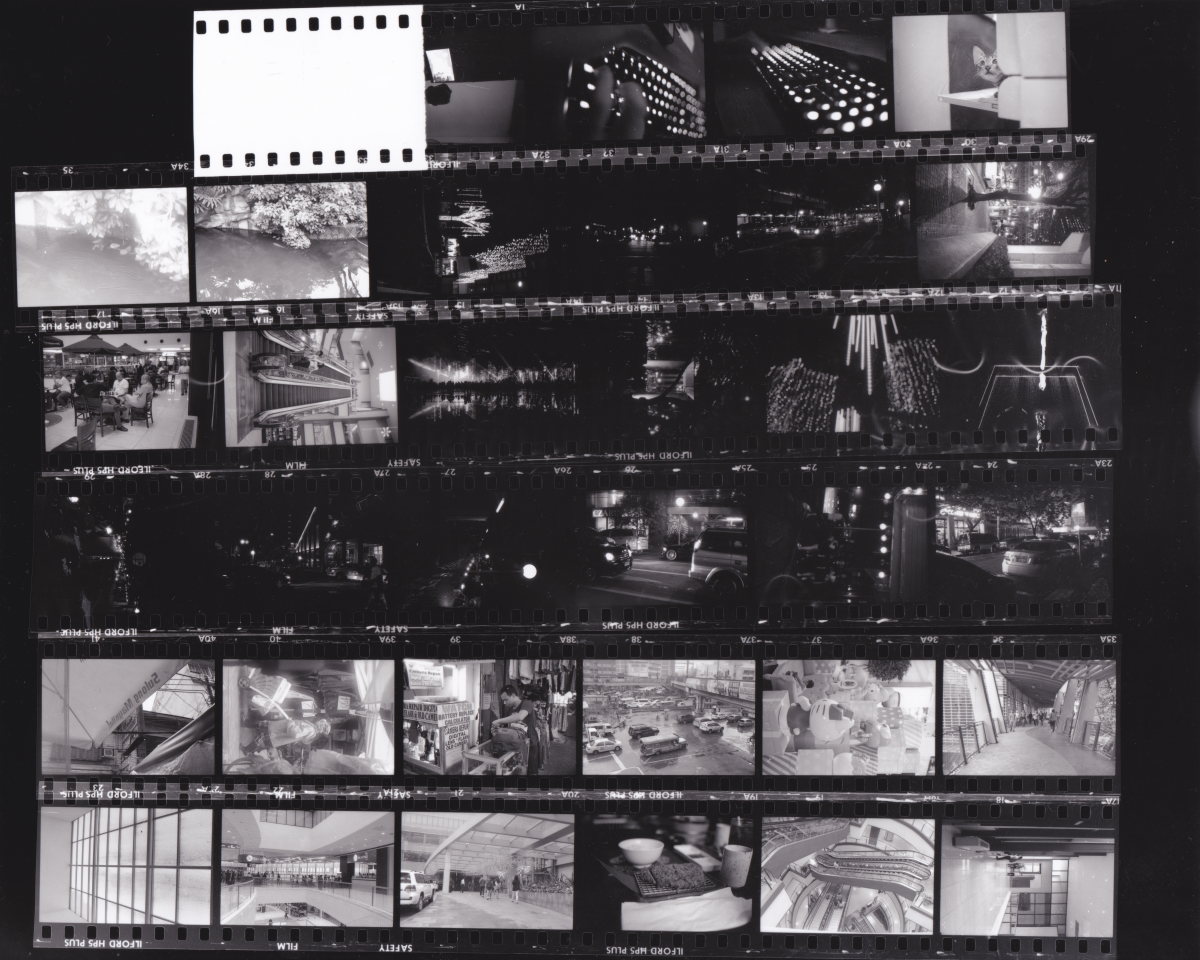My findings – It has been interesting, how I’ve seen the evolution of media come and go involving newspapers. Modern newspapers have slowly adapted to how television and the internet both affect our perspectives and more importantly, the new target audience that differs per generation
– Length in newspapers has greatly changed, especially with the articles and pictures. I’ve been reading newspapers since the 60’s, and that was still when photography was in its infancy. Articles used to be full of words, not much pictures, since they were mostly reserved for the headlines or more important news. Could explain with how digital cameras didn’t exist back then, where reporters could just keep on taking pictures on and on. Newspapers seem a whole lot more colorful right now. Guess it has to do with the attention span of the younger generations
– Back then, the showbiz section was less of a stupid section. It actually had some pretty interesting articles regarding celebrities (in this case, movies, TV and radio personalities being interviewed), nothing like the stupid “Jadine spotted holding hands”
– Culture has remained more or less the same. They’d feature places to eat, vacation spots. Nowadays, the only new additions are photography or even places locally to just relax with friends
– The headlines, on the other hand, have both some changes but mostly stayed the same on the surface. You’d have the eye-grabbing headline, a related photograph, and the most important details on the first page, with the rest of the details in the following page. This was somewhat referred to the “pyramid style” of writing?
– For the local newspapers, there would be international news, but only very few but compared to today’s newspapers with an entire section dedicated to international news. Almost everyone can easily get news headlines instantly with the internet.
– During the martial law era, the news was heavily filtered. There’s not much else to say, but that’s the easiest way to put it. We had this saying at the time not to trust what they put out in the newspaper, since this was simply a way to reassure the public that nothing fishy was going on at the time. Of course, you know what happened to that after.
– If I’d compare it to the Chinese newspapers I’d be reading whenever I’d visit Mainland China, Hong Kong and the local Chinese newspapers, the type of government really affects what you’d see in the newspapers. It’s very interesting seeing the different views of the people (the editors and reporters).
– Editing styles have changed greatly. Back then most of the news articles written would be written in formal English, Filipino or even Chinese. The languages used now are more laid back, still are formal but today’s lingo has bled in, albeit very subtly.
According to my grandpa, when the radio was first developed, people immediately thought that newspapers were going to be a thing of the past. Well, they were wrong, as they both grew to complement each other, with some instances, it being the only way of exchanging news at the time (think World War 2, Vietnam War and Martial Law).
Interestingly enough, people are starting to have suspicions of the news that they see online. We’re going full circle, where people tend to only trust more traditional news sources such as newspapers and magazines since that they have to go through multiple editors and checks in order to be verified as true. Which is true, compared to having to find news online where that they could have been manipulated. Partially due to the abundance of anonymity, people have no idea as well if the news sources are to be trusted.
This also aligns with how people who are known to be trusted editors are more likely to be trusted. Information gathering nowadays often comes from computer generated search results coming from algorithms and artificial intelligence. Google is one of the biggest examples of that, just like in the reading where it can go through your data to see what you are interested in (which is an issue of privacy as well) to deliver personalized results. This was previously a big deal back then when people expected the future of print media to be with fax machines that deliver personalized news.
But there’s still the human factor, so people obviously trust fellow humans as well. This is why social media and forums such as Twitter, Reddit and other related sites are what make up majority of the internet we visit since they’re (well, mostly) people who give recommendations, advice and whatsoever. You simply couldn’t get that with modern media compared to print media.
As for the news, there’s still always that argument on whether the news we see online is indeed accurate, but as for my opinion, seeing how it develops in real time is the biggest draw for me. I love revisiting some of my favorite tech articles only to find out they’ve been updated due to recent developments. Same can’t be said about print media, where they’d have to reprint the same article or an erratum.
Gathering the data for this essay was pretty interesting. Hearing the perspectives of the elders and how they’ve experienced attaining information from newspapers during a different era is interesting, I would see myself getting quite invested in this, since there’s always this essence that you simply cannot find in digital news.
Kind of like photography, but that experience of knowing the news firsthand at a newspaper stand (that was a thing before, apparently) and informing your other friends via word of mouth made you feel as if you were updated. Nowadays, we just keep swiping and waiting for live updates. Sure, the advantages of seeing news as it develops is one of the best things to happen to news since sliced bread.
